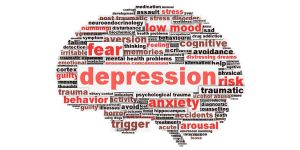Alcohol Use Increased During Pandemic
By: Nicolette Ferrante
Since the pandemic began alcohol sales have greatly increased. People are turning to alcohol as a way to cope with the anxiety and stress of quarantine and dealing with the pandemic. There is so much unknown at this time; not knowing if you will lose your job, not knowing when you can see your family and friends again and not knowing when this will end.
People are working from home and self-isolating which leads to the feeling of loneliness and boredom. Drinking is beginning to become a part of people’s daily routine. Excessive drinking is an unhealthy habit that could lead to liver failure, heart disease, breast cancer, depression and more.
Some signs to watch out for are:
- An increase in alcohol consumption
- Concerns expressed by loved ones
- Change in sleeping patterns-sleeping more or less than normal
- Binge drinking
- Craving alcohol
If you think your drinking is a problem or you find yourself drinking excessively, turn to a psychologist to express your concerns. They can help you cut down and monitor your drinking.
If you or someone you know needs support for alcoholism or substance abuse, please contact our psychotherapy offices in New York or New Jersey to talk to one of our licensed professional psychologists, psychiatrists, psychiatric nurse practitioners, or psychotherapists at Arista Counseling & Psychotherapy. Contact our Paramus, NJ or Manhattan, NY offices respectively, at (201) 368-3700 or (212) 722-1920 to set up an appointment. For more information, please visit http://www.counselingpsychotherapynjny.com/.





 Depression: Living with Major Depressive Disorder
Depression: Living with Major Depressive Disorder



